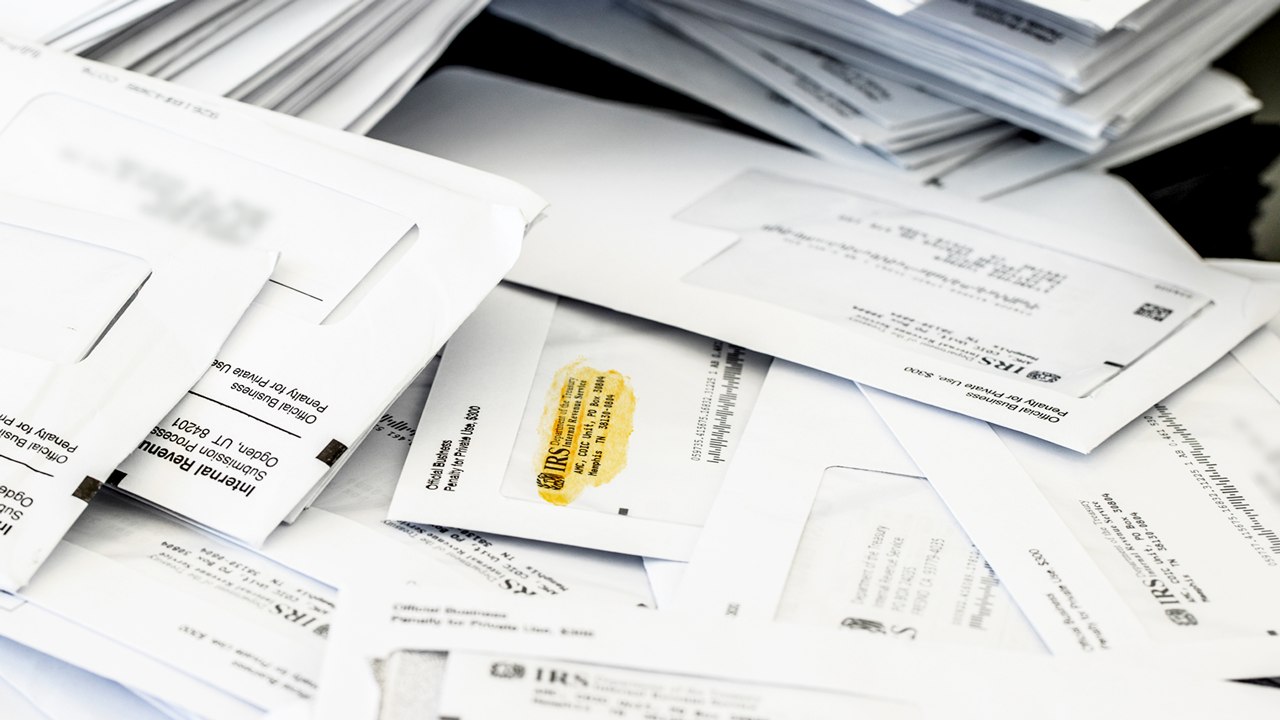The IRS may be sending out fewer letters this year, but that’s bad news for taxpayers who owe, experts say.
While the Internal Revenue Service struggles to process millions of tax returns and paper mail that accumulated during the COVID-19 pandemic, it has opted to send out fewer automatic collection notices in an effort to alleviate confusion.
But just because you don’t get a letter doesn’t mean your debt has gone away, and your balance will continue to increase as penalties and fees accrue.
“In not sending notices, taxpayers who should actually be receiving them may not be,” Eric Bronnenkant, head of tax for online financial advisor Betterment, told the Washington Post last month. “If a taxpayer believes they have an unfiled tax return, has a balance due or is aware of another issue, they should still try to get these issues resolved. The absence of a notice does not mean an issue has been resolved.”
When taxpayers fill out our Tax Relief Survey, they are able to see if they qualify for the IRS Fresh Start Program and begin their journey toward tax resolution in minutes.
If you know or believe you owe, take steps to address your debt before it gets worse, like talking to a qualified tax professional.
Not all CPAs or attorneys are qualified to resolve your tax issue. Make sure you speak with a professional who specializes in tax resolution. They talk to the IRS on a regular basis and know how to put forth a case that can convince the IRS to significantly lower your debt or make it easier to pay.
Plus, if you’re not sure if you owe, a qualified tax professional can help you determine your balance or if you need to file certain years, giving you peace of mind and the best advice on how to handle the issue.
Don’t wait until the IRS starts sending out notices again to take care of your unfiled taxes or tax debt. Fill out this brief survey to find out if you possibly qualify for tax relief.
